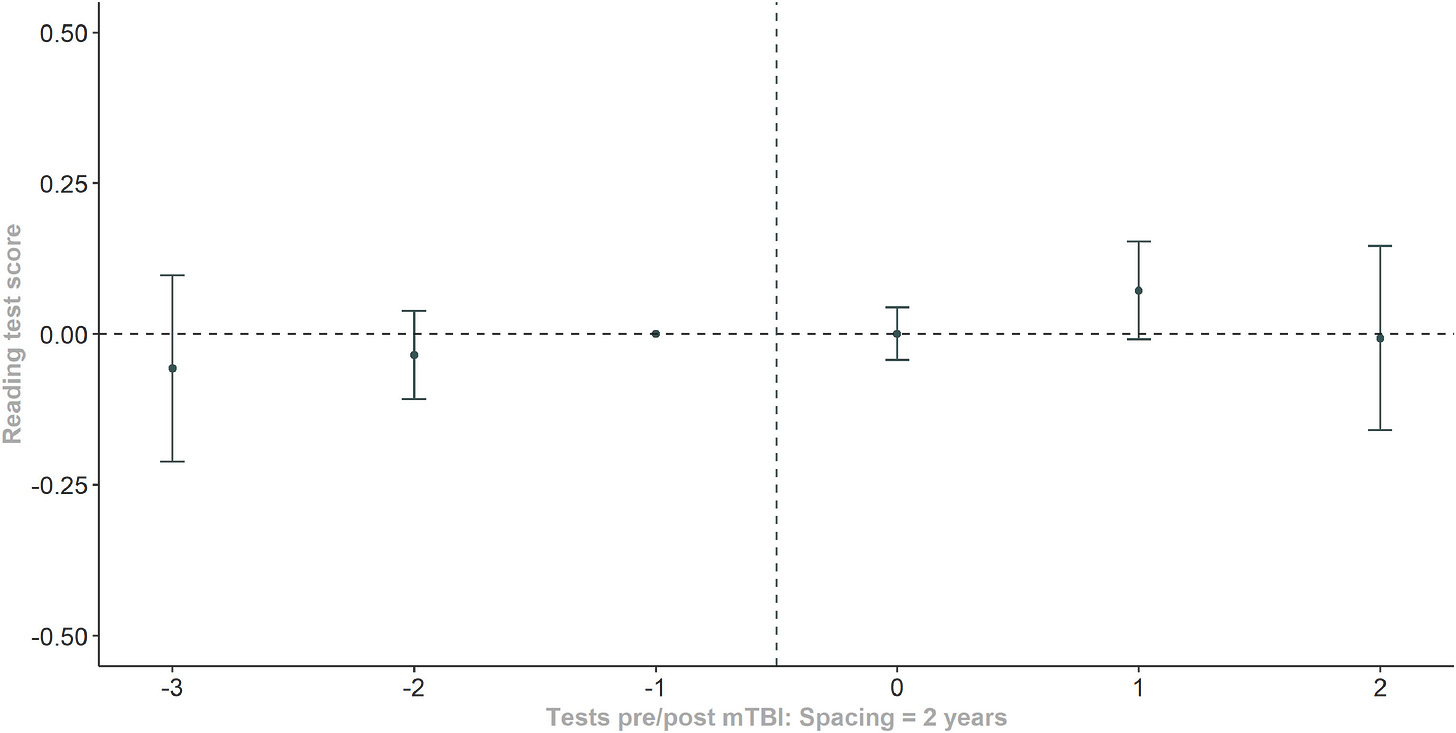Is ethnocentrism a dominant strategy?
The most interesting articles that came to our attention this week
The effects of Facebook and Instagram on the 2020 election: A deactivation experiment. Hunt Allcott and colleagues examine the impact of social media use on political attitudes and behaviours in the US. They find that randomising Facebook users and Instagram users to deactivate their accounts for six weeks before the 2020 election leads to lower scores on political participation but has little effect on other measures of attitudes or behaviours.
Do refugee children impair the academic performance of native children in the school? Informative null results from Danish Register Data. Said Hassan and colleagues examine whether refugee children impair the academic performance of native children. Accounting for selection of refugee children into lower performing schools, they find that the effect of such children on native children’s performance is small and non-significant.
From unequal injuries to unequal learning? Socioeconomic gradients in childhood concussions and the impact on children's academic performance. Ea Blaabæk and colleagues examine whether minor traumatic brain injuries caused by concussions have a negative causal impact on children’s test scores. They find that while children who suffer such injuries do have lower test scores, this is mostly due to selection.




